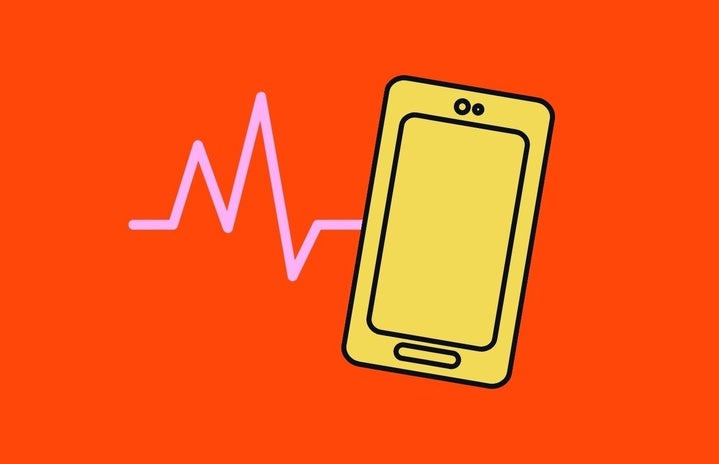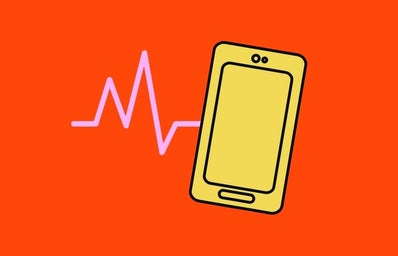In the summer of 2021, I was in love with the app TikTok. I spent many hours swiping through hundreds of entertaining videos. At one point for almost a month, I found my feed beginning to catch onto a new algorithm, an algorithm that negatively impacted my mental health and self-perspective. I saw many unrealistic “what I eat in a day videos,” and girls idolized those with unhealthy methods of staying thin. I began to realize I had gone down the rabbit hole of the “romanticizing eating disorders and mental illness” types of videos. Eventually, I caught onto how these videos made me feel about my diet and my body. It was making me pick apart everything I didn’t like about myself. This romanticization of mental illness and eating disorders is common and impacts many people’s mental health, especially teenagers and young adults.
The idolization of symptoms from mental illness in this generation’s media is found on our televisions, computers, and every commonly used social media app. Unfortunately, a lot of media is found to romanticize the symptoms of mental illness that, in reality, are highly harmful to people’s health and possibly the viewers. Broadcasting this type of media to viewers can encourage those struggling to not reach out for help and instead continue to struggle. As well as that, it promotes other peers to participate in unhealthy lifestyles that can lead to them struggling with their own mental illnesses and how they take care of themselves. There is nothing wrong with individuals who have a mental illness expressing how they feel, but no one should idolize the struggles.
While there is too much content in media that glorifies mental illness, you can also find the opposite; media encourages a healthy lifestyle and enables you to take care of yourself the best way possible. I found myself lifting myself out of the toxic feed of promoting eating disorders and now see videos that encourage a healthy viewing of our bodies and how to take care of ourselves and our lifestyles. Even though it was a brief couple of months where I didn’t like myself due to the media I was consuming, it still is very impactful. I can see a big difference in how I view food and exercise now that I consume healthier media. It’s essential to be aware of what we are watching every day on our devices, because in reality, if we see something too much, we start to believe it, including when it negatively impacts our health. Make sure you read and watch what makes you feel good about yourself, and you will notice a positive impact. Everyone deserves self-love, and what we choose to read and see makes a big difference in achieving that.


